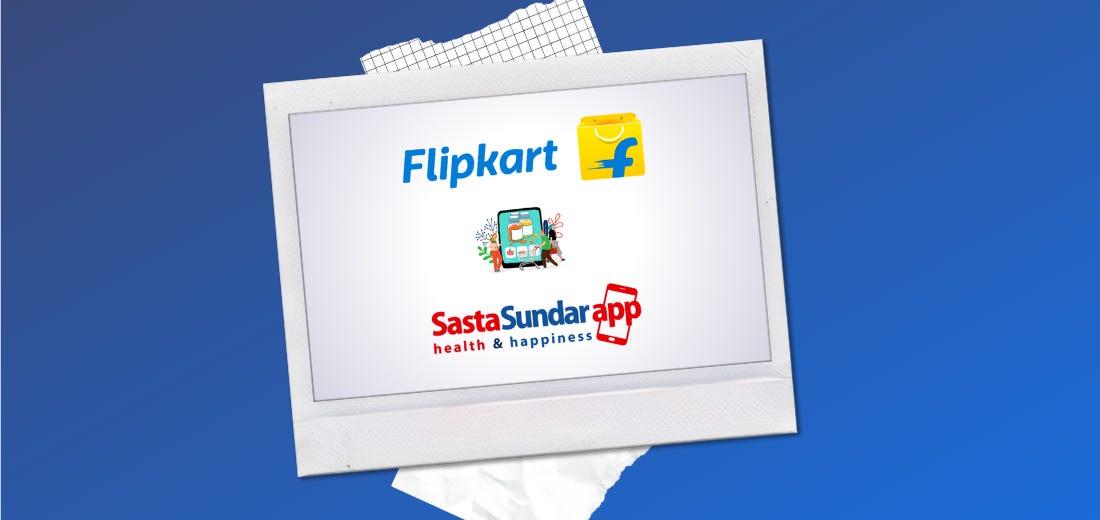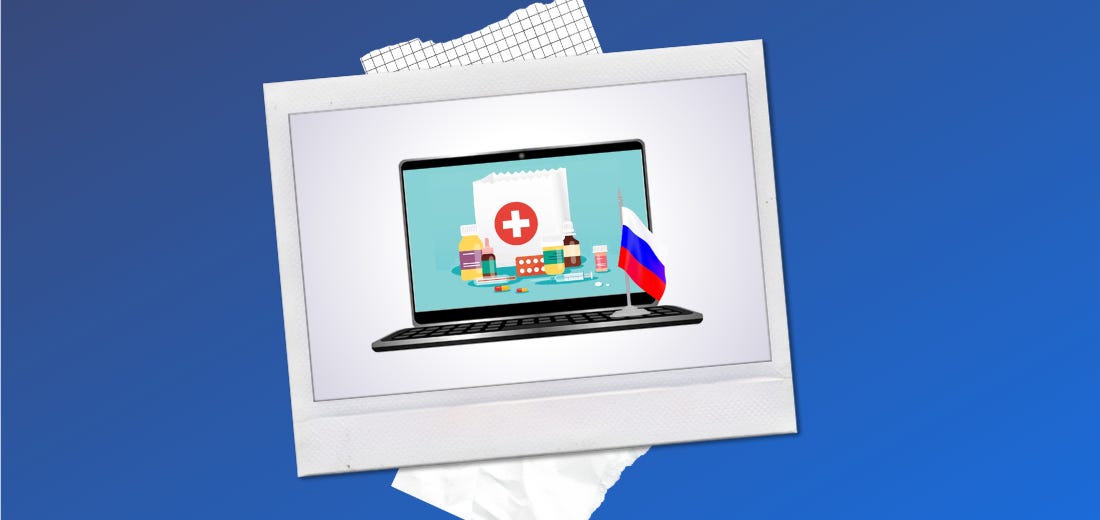5 Things in ePharmacy You Need to Know This Friday 26/11/21
New Acquisition [🇮🇳]
Indian eCommerce Colossus Flipkart Joins the ePharmacy Industry
Walmart-backed Flipkart is acquiring Indian ePharmacy SastaSundar to enter the industry, as eCommerce competition heats up and more of the company's competitors enter the world’s second-largest eMarket, like Reliance Retail, which acquired Netmeds, and Tata Digital that acquired 1mg. The name of India's largest eCommerce platform, which is valued more than $37B, will be Flipkart Health+. What an ideal moment for an investment in the Indian ePharmaceutical sector!
Read More: Tech Crunch
New Research [🇷🇴]
Are Romanian ePharmacies Beginning to Gain More Ground?
According to a study conducted by the market research organization Ipsos for the pharmacy Professional Farmaline, an increasing portion of consumers is turning to ePharmacies. Actually, the majority of respondents had their first online shopping experience during the past 6 months, with an average of 9 online orders per buyer and are women (68%). We will all have to wait to see how the ePharmacy business will shape in Romania over the next months.
Read More: Start-Up.ro [article in Romanian]. Google Translation in English here.
Tech News [🇮🇳]
Is There a New Way for Offline Pharmacies to Convert to Online?
With the Indian pharmaceutical sector estimated to reach $42B in worth, Mumbai-based Easocare enables retail pharmacies to launch their own website. The startup's B2B SaaS subscription now serves retail pharmacies, hospitals, and warehouses. Easocare is presently available in Mumbai and Tamil Nadu, has over 90 pharmacies on board, and more than 18,000 client reviews. Will they manage to outperform their indirect competitors, which include ePharmacy pioneers like NetMeds, Pharmeasy, and 1mg?
Read More: Your Story
eCommerce [🇷🇺]
How will Russian Pharmacies Shift in the Future?
The Pharmacy Chain 36.6 observes that online sales have begun to slowly increase, with customers spending 28.5% higher amounts for their online meds in the first six months of 2021 vs 2020. Additionally, for the same period, online sales accounted for 14% of total sector sales. It is believed that this growth can be partially attributed to the admittance of non-chain pharmacies to distance selling via marketplaces. Finally, an ePharmaceutical consultant might also be needed for ePharmacies in the future.
Read More: Retail.ru [article in Russian]. Google Translation in English here.
Editor’s Choice [🇺🇸]
Is US-Based CVS Health Shifting to an Enhanced eCommerce Strategy?
US-Based CVS Health said that it will close around 900 shops over the next 3 years as it adapts to consumers who are primarily shopping online. The drugstore chain stated that it will concentrate its efforts on digital development and converting its shops into health-care destinations. As more customers fill prescriptions online, pick up personal care items through curbside pickup, and use telehealth to visit doctors, the pharmacy said that it will close the storefronts and enhance its digital presence.
Read More: CNBC
Manufacturers & Retailers Hiring Now:
Discover actively recruiting positions in the ePharmacy Industry
below:
SEA ecommerce Manager, GSK [🇵🇭]
More info: LinkedIn
Sr eCommerce Analyst, Roche [🇺🇸]
More info: LinkedIn
eCommerce Analyst, Johnson & Johnson [🇬🇧]
More info: LinkedIn
Digital & Omnichannel Campaign Expert, Sanofi [🇹🇷]
More info: LinkedIn
Sr Online Marketing Specialist, DocMorris [🇩🇪]
More info: LinkedIn
Quiz: Are you an ePharmacy Wizard?
Every week a new trivia question will be asked to you regarding general facts related to the Pharmaceutical sector!
Which illness was quinine used to treat?
Malaria
Insomnia
Acid Reflux
Colic
Scroll down to the end of this email to reveal the answer.
Thank you for being with us for this week! In case you found ePharmacy News interesting please do not hesitate to share it.
🕵️ Send a confidential scoop to ePharmacy News: news@epharmacynews.com
The answer to this week’s quiz is: Malaria. Quinine is a bitter alkaloid that is used to cure and prevent malaria as well as to flavor tonic water. When soldiers in the Indian Army were given quinine to cure malaria in 1825, they began combining it with soda water and gin to enhance the flavor, and so the gin and tonic was founded!







